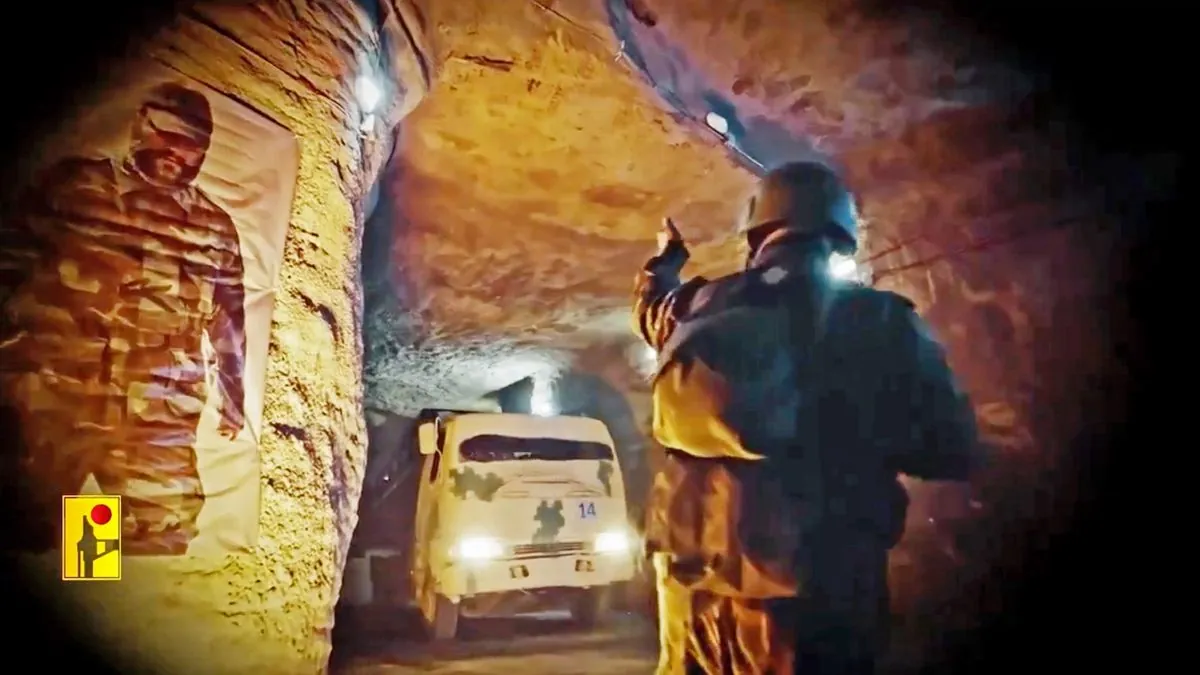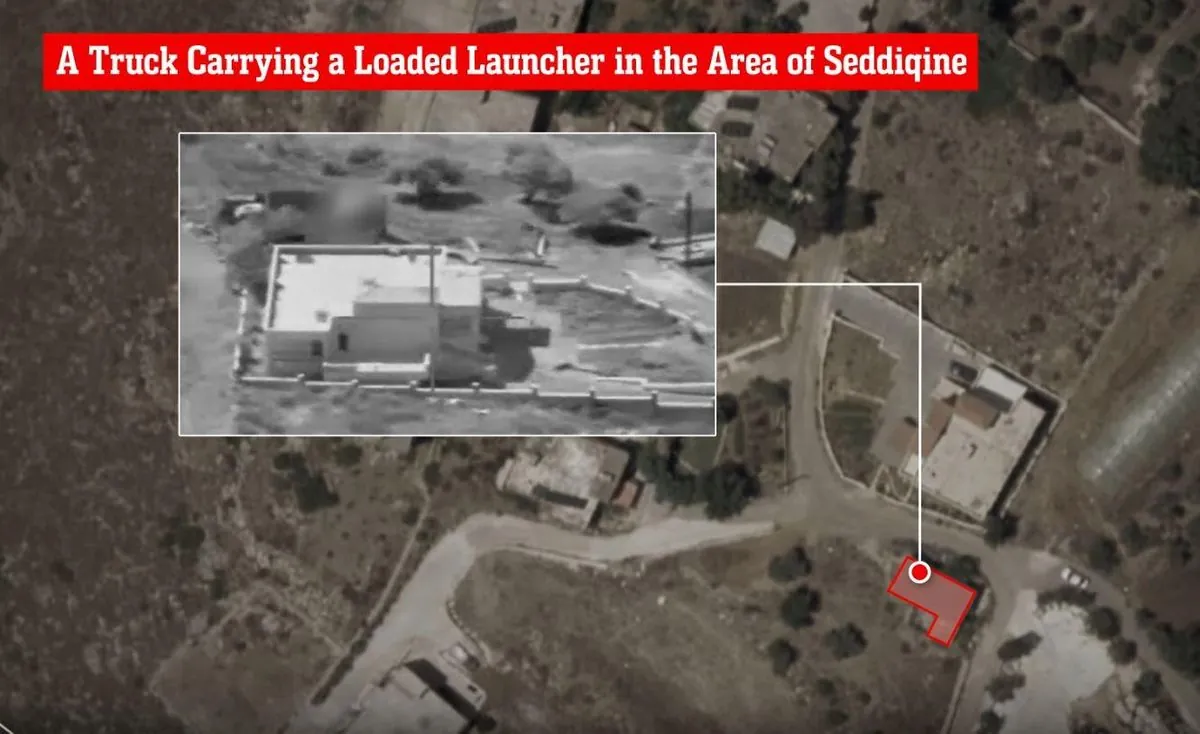Hezbollah's Resilience: Adapting to Israeli Strikes Amid Escalating Conflict
Hezbollah maintains operations despite Israeli attacks, utilizing flexible command and extensive tunnels. The conflict intensifies, raising concerns of a wider regional war as both sides demonstrate military capabilities.

In the ongoing conflict between Israel and Hezbollah, the Lebanese militant group has demonstrated remarkable resilience against unprecedented Israeli strikes. Hezbollah, founded in 1982 during the Lebanese Civil War, has managed to sustain its operations through a combination of flexible command structures and an extensive network of tunnels.
The recent escalation has seen Israel targeting senior Hezbollah commanders and disrupting communication networks. On September 20, 2024, Israel eliminated Ibrahim Aqil, the commander of Hezbollah's elite Radwan force. Despite this significant loss, Hezbollah swiftly appointed replacements, adhering to the principle outlined by its leader, Sayyed Hassan Nasrallah, in an August 2023 speech about quickly filling leadership gaps.
The Israeli military's use of booby-trapped communication devices has reportedly impacted Hezbollah's operations. A source claims that 1,500 fighters were incapacitated due to injuries from exploding pagers and walkie-talkies. However, this represents only a fraction of Hezbollah's estimated strength of 40,000-50,000 fighters, as reported to the U.S. Congress.
Hezbollah's military capabilities have grown significantly since the 2006 Lebanon War. The group has been replenishing its arsenal at a rapid pace, anticipating a prolonged conflict. Its weapons, primarily supplied by Iran, include Iranian, Russian, and Chinese models. The organization's most potent assets are precision-guided rockets, such as the Fateh-110, an Iranian-made ballistic missile with a range of 250-300 km.

The group's resilience is further bolstered by its underground infrastructure. Hezbollah has spent years developing an extensive tunnel network, estimated to span hundreds of kilometers. These tunnels, reportedly built with assistance from Iran and North Korea, provide crucial protection for the group's arsenal and fighters. Unlike the tunnels in Gaza, Hezbollah's network is dug deep into mountain rock, making them significantly more challenging to access and destroy.
"It is one of our biggest challenges in Gaza, and it is certainly something we could meet in Lebanon."
The escalating conflict has raised concerns about a potential wider regional war. Iran's President Masoud Pezeshkian has warned of "irreversible" consequences if the situation deteriorates further. Meanwhile, the United States, Israel's close ally, has expressed disagreement with Israel's strategy of escalation and is seeking to reduce tensions.
As the conflict intensifies, Hezbollah continues to demonstrate its capabilities. On September 25, 2024, the group claimed to have targeted an Israeli intelligence base near Tel Aviv, showcasing its ability to strike deep within Israeli territory. This action underscores the group's determination to maintain pressure on Israel despite the ongoing attacks.
The situation remains volatile, with both sides showing no signs of backing down. Israel's Prime Minister Benjamin Netanyahu's government has stated its preference for a negotiated agreement but remains prepared to continue its bombing campaign if Hezbollah refuses to withdraw from the border region.
As the conflict unfolds, the international community watches with concern. Hezbollah's complex role as both a political party and a militant group in Lebanon, along with its extensive social services network, complicates efforts to resolve the situation. The organization's ties to Iran and its involvement in regional conflicts, such as the Syrian Civil War, further add to the complexity of the issue.
With Hezbollah's leader, Hassan Nasrallah, in hiding since the 2006 war and the group subject to international sanctions, the path to de-escalation remains uncertain. As both sides continue to demonstrate their military capabilities, the risk of a protracted and potentially expanding conflict looms large over the region.


































